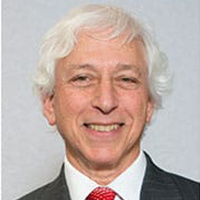Waldwick RICO Act Lawyer, New Jersey
Sponsored Law Firm
-
 x
x

Click For More Info:
-
Carl G. Zoecklein Law Office
737 Broad St Clifton, NJ 07013» view mapCriminal Defense Law Former Cop On Your Side
At the law office of Carl G. Zoecklein, Esq., we help people defend their rights and protect their freedom, their finances and their future.
800-910-1531
Not enough matches for Waldwick RICO Act lawyer.
Below are all Waldwick Criminal lawyers.
Joel Bacher
✓ VERIFIEDCriminal, DUI-DWI, Misdemeanor, Traffic, Accident & Injury
The Law Office of Joel M. Bacher, is located in Wayne, New Jersey. For over 40 years, I have been providing legal counsel to individuals and small bus... (more)
FREE CONSULTATION
CONTACTMichael A Manna
Alimony & Spousal Support, Criminal, Business Organization, Animal Bite
Status: In Good Standing Licensed: 51 Years
John A. Conte
Real Estate, Traffic, Lawsuit & Dispute, Estate, Criminal
Status: In Good Standing Licensed: 41 Years
 Carl G. Zoecklein Clifton, NJ
Carl G. Zoecklein Clifton, NJ Practice AreasExpertise
Practice AreasExpertise

